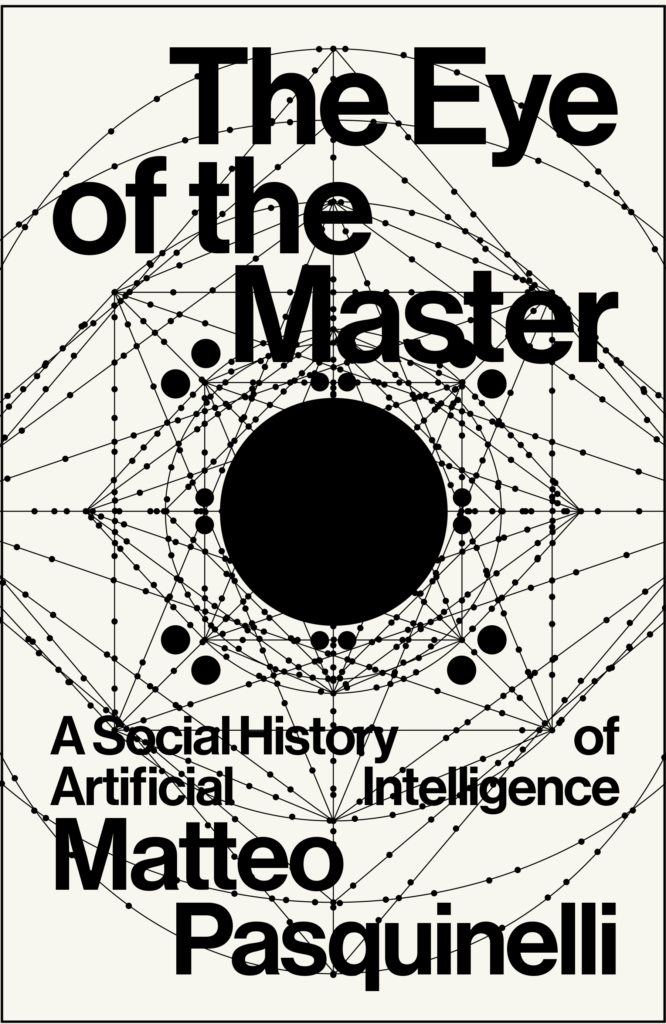I employ the word ‘cruelty’ in the sense of an appetite for life, a cosmic rigor and implacable necessity, in the gnostic sense of a living whirlwind that devours the darkness, in the sense of that pain apart from whose ineluctable necessity life could not continue; good is desired, it is the consequence of an act; evil is permanent. (Artaud)
The Whip of Abstraction: Universalizing Masochism after Deleuze
Matteo Pasquinelli
Why did Lacan consider masochism the most radical of perversions and did Deleuze take it as the main example of the Body-without-Organs? Why has masochism always been so intriguing? Popularly, because it appears to be the concept of a deep contradiction: how is it possible to enjoy pleasure through self-inflicting pain? The history of European thought has been innervated by a dualist (Cartesian) and monist (Spinozian) theory of desire that interestingly crossed each other once again while discussing the complex matrix of masochism. Aside preliminary comments on Jewish and Christian thought regarding the incestuous relation between spirit and sexual drives, my contribution focuses the parable of Deleuze’s research on masochism from The Cold and the Cruel (1967) to A Thousand Plateaus (1980). My purpose is first to clarify the role of abstraction in Deleuze’s reading of masochism and second to reintroduce a deep ontological complicity between abstraction and cruelty (also under the lights of Artaud’s theatre of cruelty). Deleuze’s research on masochism will be compared with his account of ontological cruelty as suggested by Negarestani (2009). Against the common reception of Deleuze’s work as a philosophy of desire, Negarestani has in fact noticed that Deleuze opens his book Difference and Repetition (1968) actually by posing a fundamental connection between difference and cruelty. In conclusion, cruelty must not be understood as a drive against ‘life’, but as the violent gesture of any being, organism and mind, against its own Grund. Cruelty is then applied from ontology back to the case of masochism in order to further demoralise masochism. It is likely for its complicity with the cosmic cruelty of thought that masochism draw so much philosophers’ attention too.
*
Sex Beyond Gender?
Symposium co-organised by Kerstin Stakemeier and Kunstverein Munich
Keynote speakers: Mladen Dolar and Matteo Pasquinelli
Respondents: Trix Dexcess, Motel Gendarm, Jana Gertke, Johanna Gonschorek, Philipp Gufler, Glitz à Hammahai, Emma Hedditch, Johanna Klingler, Liane Klingler, Sarah Lehnerer, Judith Neunhäuserer, Julia Schöll, Kerstin Stakemeier, Angela Stiegler, Meike Tischer, Frauke Zabel, Veronika xxxxxx
Sunday 14 July 2013, 11am–6pm
Amerika Haus, Karolinenplatz 3, Munich
Free entry .
This symposium gravitates around questions of where digitality as a state of contemporary capitalism leaves our genders and sexes. The potential transgressive behaviour of digital media will be discussed in relation to binary gender distinctions within psychoanalytic theory. How far are these binaries omnipresent in our actions, thoughts, desires and feelings, and can they become transposed and actualised in pushing for a ‘sex beyond gender?’
Two groups of respondents will react to lectures by international keynote speakers Mladen Dolar and Matteo Pasquinelli and debate their theories in terms of a possible praxis. Following the discussion filmmaker Megan Fraser will present a curated film program. Afterwards at Haus der Kunst, artist Emma Hedditch, film curator and theorician Madeleine Bernstorff and organisers of the feminist film festival Bimovie, Karin Hofmann and Bettina Englerth will join Patrizia Dander, curator of the exhibition So Much I Want to Say: From Annemiek to Mother Courage – Goetz Collection at Haus der Kunst in conversation and together trace the influence of Laura Mulvey’s seminal essay “Visual Pleasure and Narrative Cinema” from 1975.

